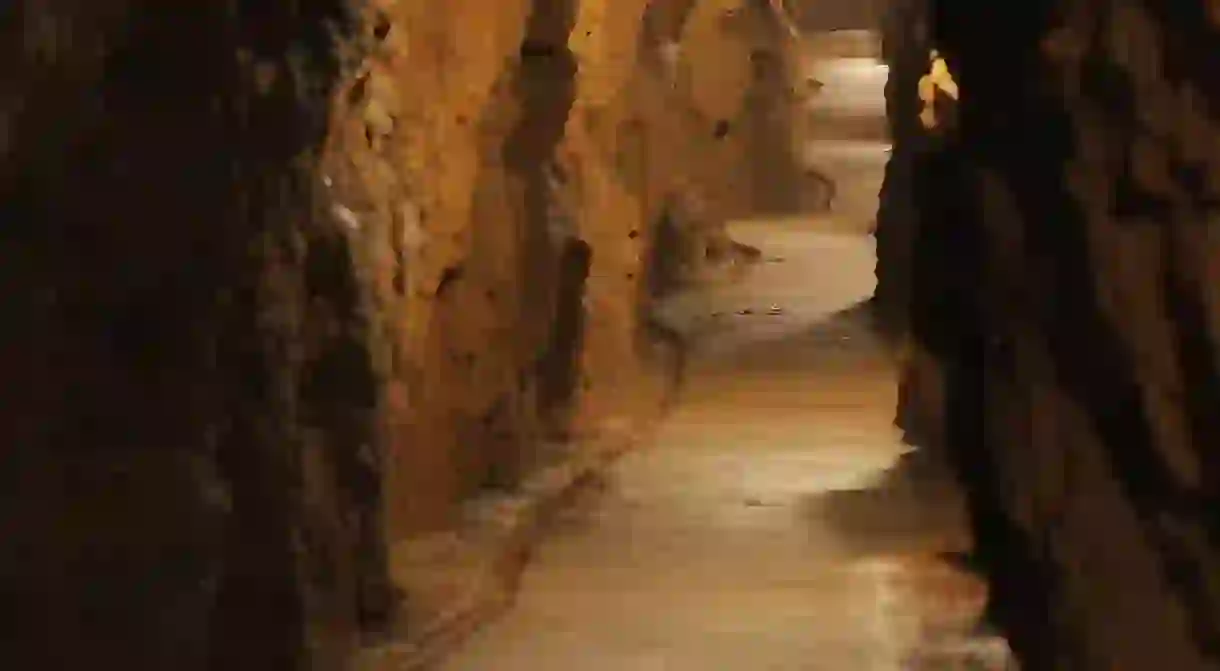Welcome to the Historic Silver Mine in Tarnowskie Góry

Earlier this month, UNESCO added 21 new sites to its World Heritage list, among them the Historic Silver Mine in Tarnowskie Góry, southern Poland. According to the organisation “Tarnowskie Góry represents a significant contribution to the global production of lead and zinc.” Here’s what you should know before visiting.
A brief history
Located in Silesia region of Poland, Tarnowskie Góry was once one of the main mining areas in Central Europe. Since the lead-ores available in the region contain a considerable admixture of silver, the region grew quickly and was of great strategic importance. In 1526, Duke of Opole John II granted Tarnowskie Góry the status of an independent mining town. The mining activity continued until 1912 when the extraction stopped due to resource shortage.

What to see
Apart from being recognised by UNESCO, the Historic Silver Mine is also an anchor point on the European Route of Industrial Heritage. A visit to the museum starts with an interactive exhibit, located at the over-shaft building, where visitors learn about the minerals and their extraction methods. The visitors then go 40 meters underground and follow a two kilometre trail. The trail is a huge labyrinth of excavation sections, corridors, chambers and sidewalks which give a great overview of the historic mining techniques. One of the main attractions is the Low Chamber which is 2,000 square meters in size, but is only one meter high. Along the trail, visitors also travel almost 300 meters by boat to witness firsthand how water from the mines was re-purposed for use in the town.
Practical information
During July and August, the mine is open from 10am – 4pm on weekdays and from 9am to 5pm on the weekends. During the rest of the year, the opening hours are from 9am till 3pm.
Upon arrival, visitors are joined by a local guide who accompanies them inside. The whole tour lasts roughly 90 minutes. The museum is wheelchair accessible and offers sightseeing tours in English, German, Russian, Czech or French, but those interested should make a reservation ahead of time.
It is also worth remembering that the temperature under the ground is around 10 degrees Celsius year round, so it may be a good idea to take some warmer clothes.













